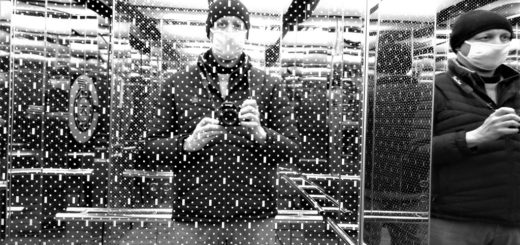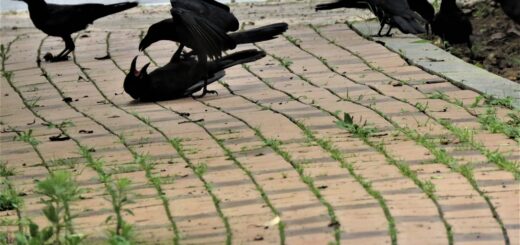The Freedom (from Constitutionality) Caucus
Justin Amash has given up his membership in the House Freedom Caucus, saying the furor over his public disagreements with President Trump has become “a distraction” from the work of his “friends” in the Freedom Caucus. He also implies, however, that the Freedom Caucus’ position has changed in such a way that he no longer feels comfortable with the group’s message, and had long since stopped attending the meetings, due to his disappointment with the group’s attitude toward Trump (namely soul-selling lickspittle sycophancy).
I guess I can understand his feelings. After all, the original stated purpose of the Freedom Caucus was to represent the principles of the U.S. Constitution, and in general to advance the joint causes of limited republicanism, economic liberty, and separation of powers. Today, having effectively transformed itself into The Trump Defense League, Amash’s old group is upholding and promoting the very opposite of all those goals. For Trump neither knows nor cares about the Constitution, is a lifelong progressive who never met a limit he wasn’t eager to violate, espouses an openly protectionist, anti-free-market economic agenda, and treats the concept of separation of powers with somewhat less deference than did Barack Obama.
That’s not to defend Amash’s position on impeachment, or on anything else for that matter. I merely wonder how the Freedom Caucus justifies its existence at this point, given the obvious contradiction between its stated objectives and its current rhetoric. I remember the way Freedom Caucus members stood up to Trump during the primaries, and even in the months after the election. I remember the way he attacked them and branded them enemies of America and his presidency when they chose to stand up for the principle of liberty rather than kiss his ring.
Today, a founding member of the group feels so alienated from the other members that he has quit the organization, entirely over their fawning deference to a populist demagogue who believes in exactly nothing they claimed (past tense) to stand for.



